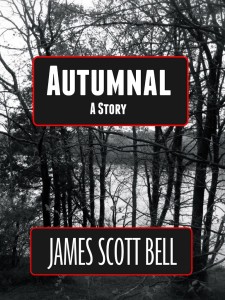I was browsing through Paste Magazine, one of my favorite websites, when I happened across this article about a website named “Call Me Ishmael.” I couldn’t get the Ishmael website to work, but the idea behind it is intriguing. There is a telephone number that you can call and leave a voice mail about a book that particularly affected you, and how and why it did so. The person running the website transcribes at least one message per week and posts it to the website. That is the idea, anyway. Again, I couldn’t access the website; hopefully that is simply due to increased traffic due to the Paste article. I love the concept, however. It’s kind of a “Post Secret” or “Whisper” on a somewhat smaller scale for readers.
Everyone had great fun a couple of weeks ago discussing Kindle Unlimited, and while we aren’t done with that yet I thought maybe we’d dial things down a notch as we head into summer’s warmest month and present our own, modest, one-day-only version of Call Me Ismael without resorting to voice mail, since a lot of people don’t use it any more, anyway. What book(s) changed your life? How? And why?
I have two: LOOK HOMEWARD, ANGEL by Thomas Wolfe and ON THE ROAD by Jack Kerouac. I read LOOK HOMEWARD, ANGEL and was immediately swept up into the magic of words. I decided moments after reading the first chapter that I wanted to spend my life writing, in one form or another, and to a greater or lesser degree I have done that. ON THE ROAD gave me wanderlust. There are few things better in God’s world than getting into an automobile and driving for several hundred miles at a stretch to a destination that you love or have you yet to love. In what I fear is the initial manifestation of the onset of dementia, I have recently been haunted with the thought of jumping on board a Spyder RT (yes, the irony is not lost on me) and tooling down to New Orleans, then across I-10 to Houston and beyond. So far I have talked myself out of it. So far. If I succumb, please blame Kerouac and my lifelong friend William D. Plant III, the gent who shoved both books into my hand and who also happens to be one of this and last century’s best unpublished authors.
Enough about me and what I may or may not do and why. To yank things back on track: what book changed your life? How? And why?


